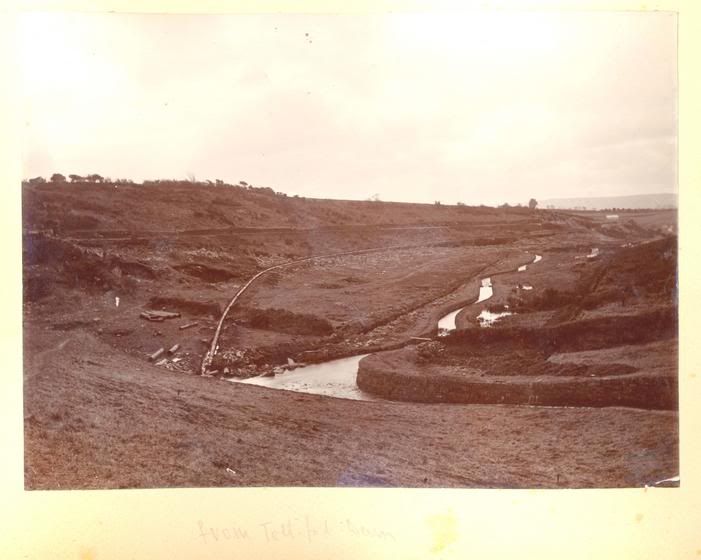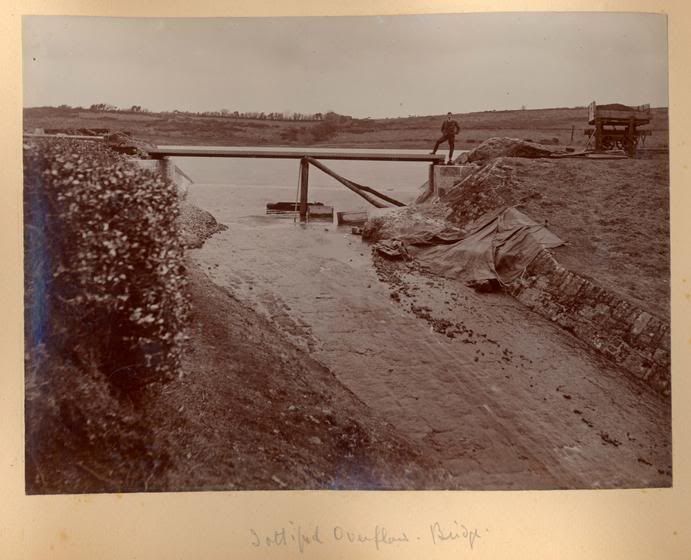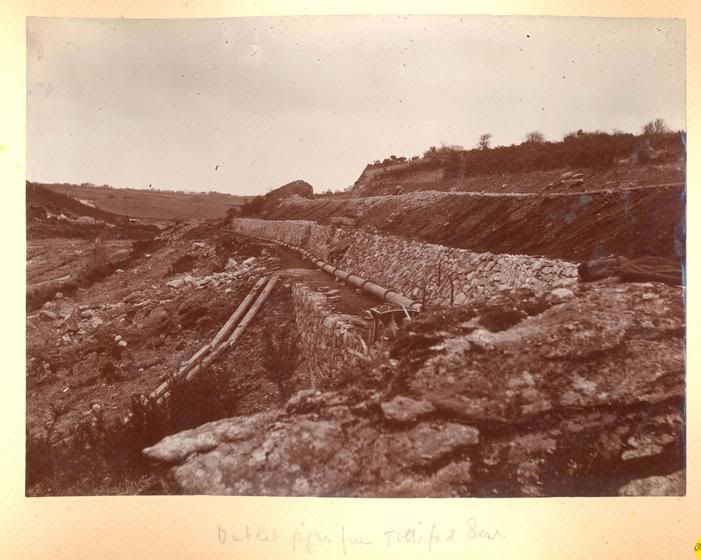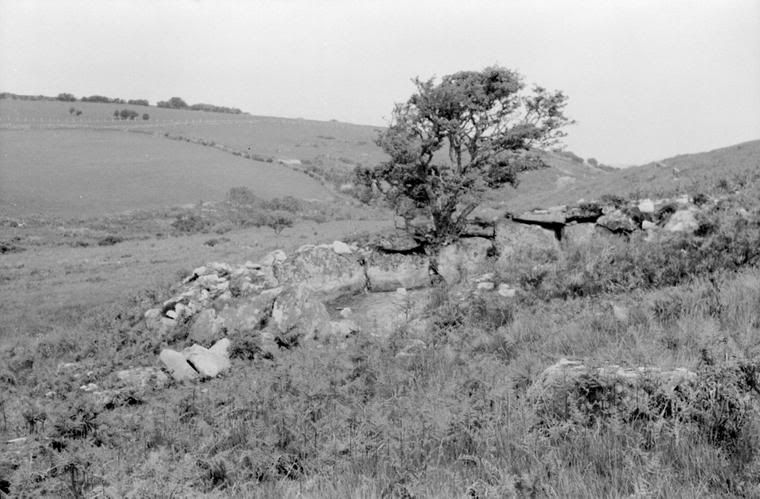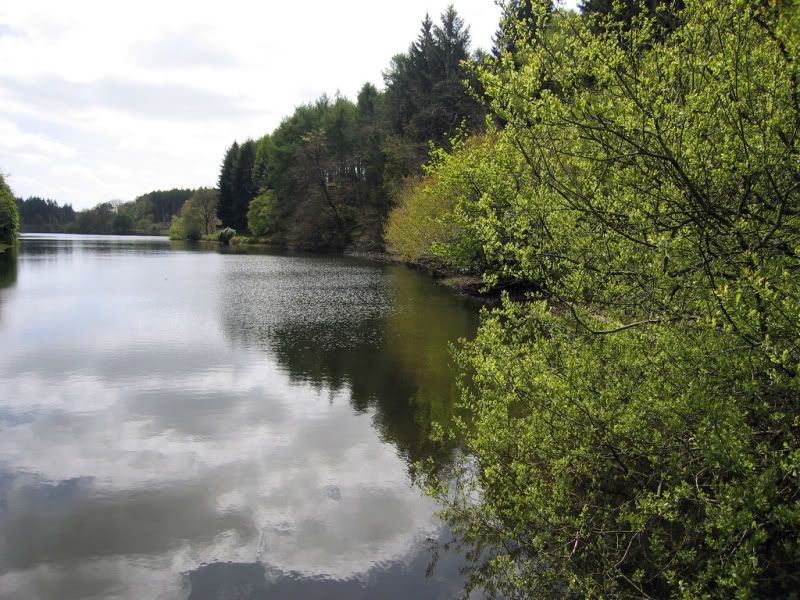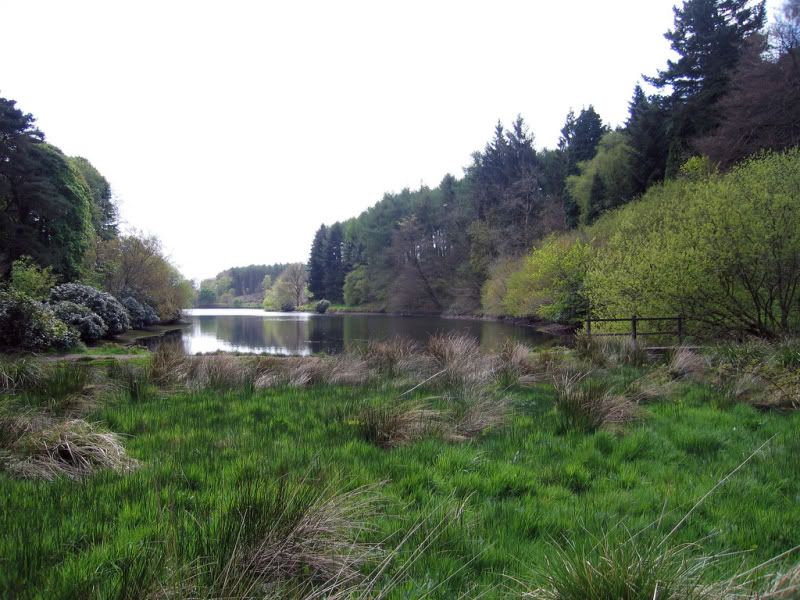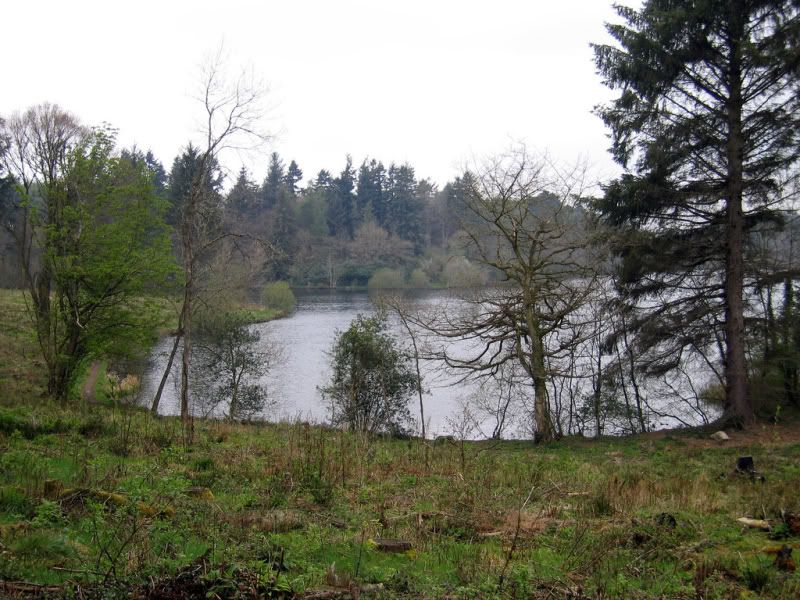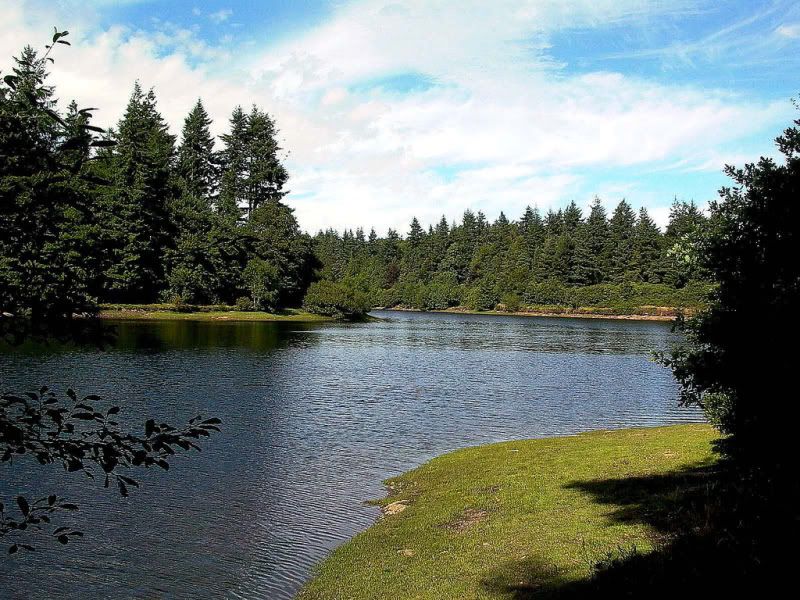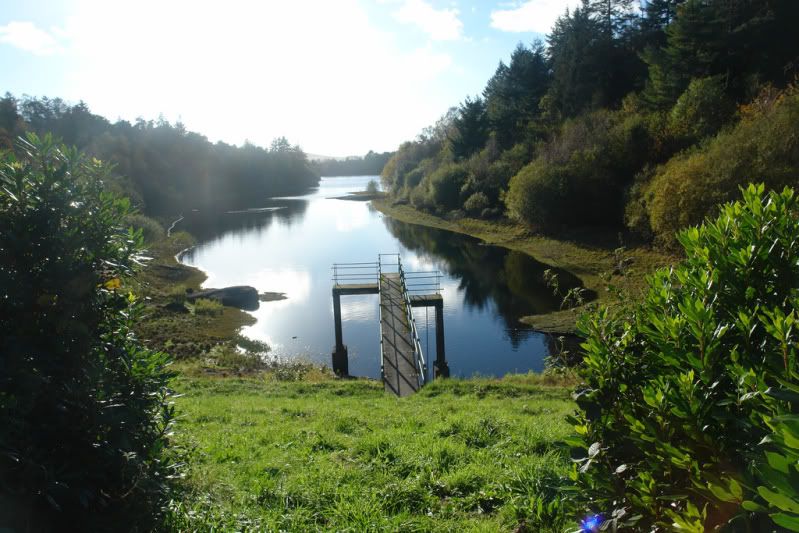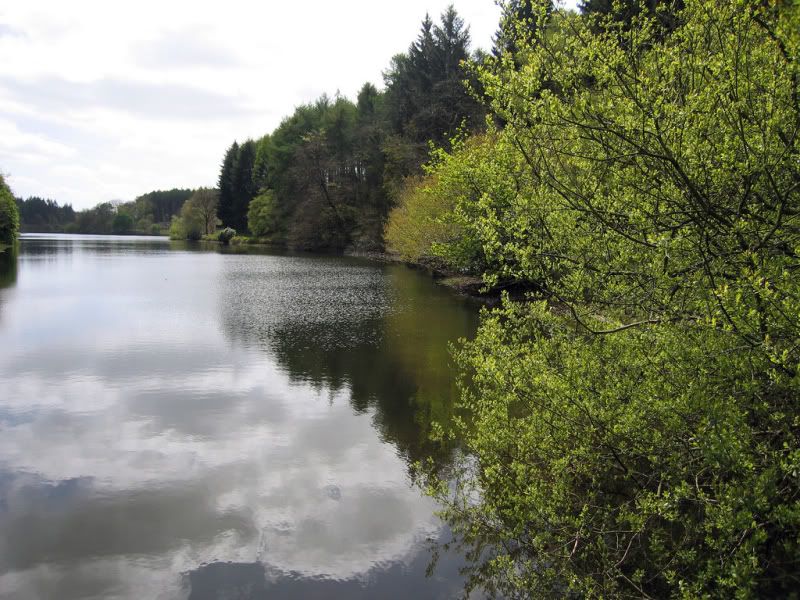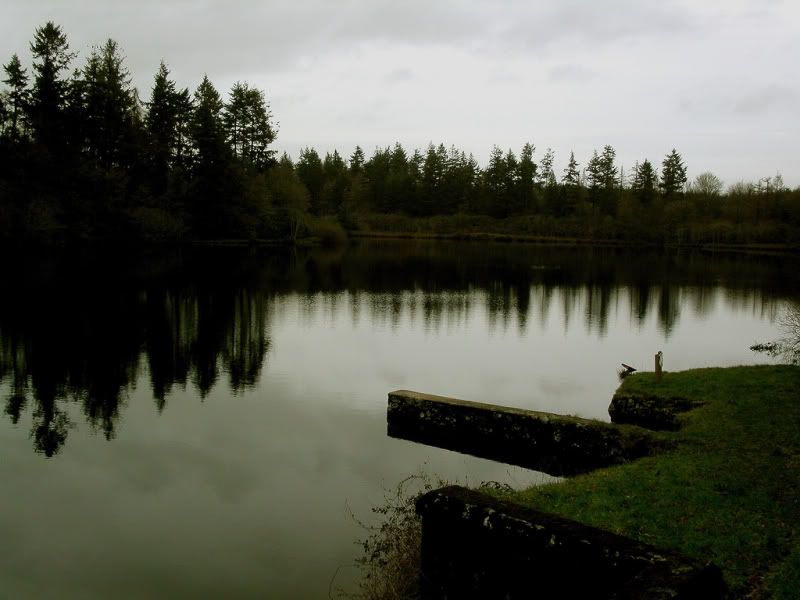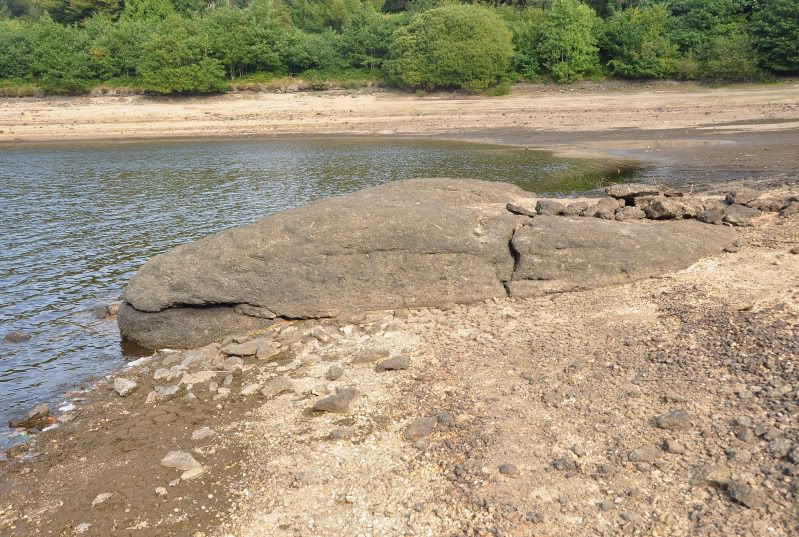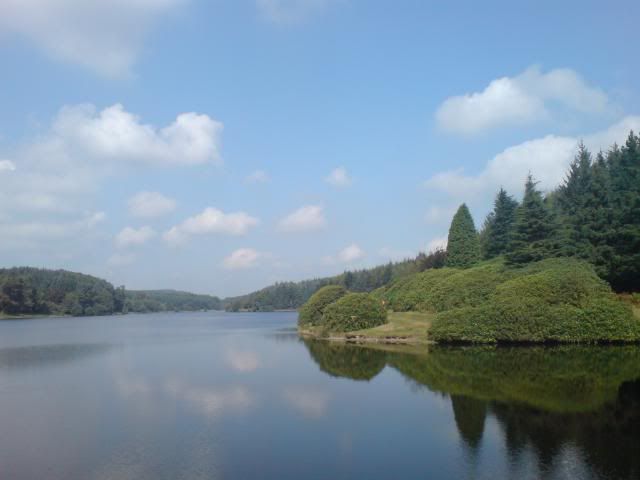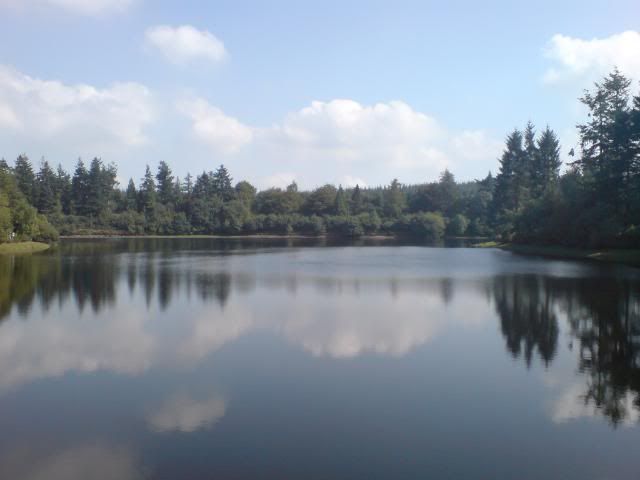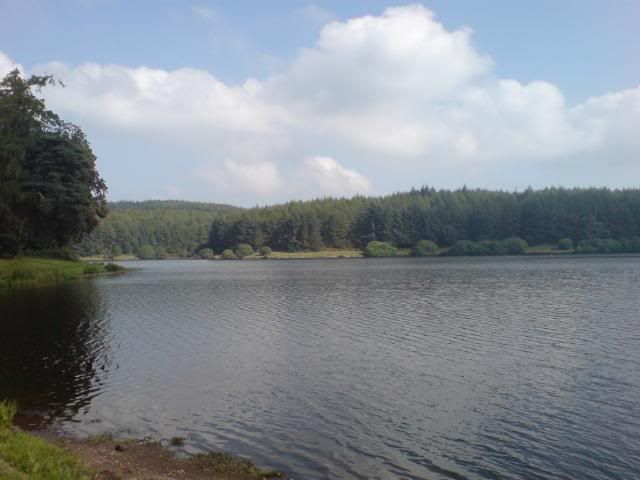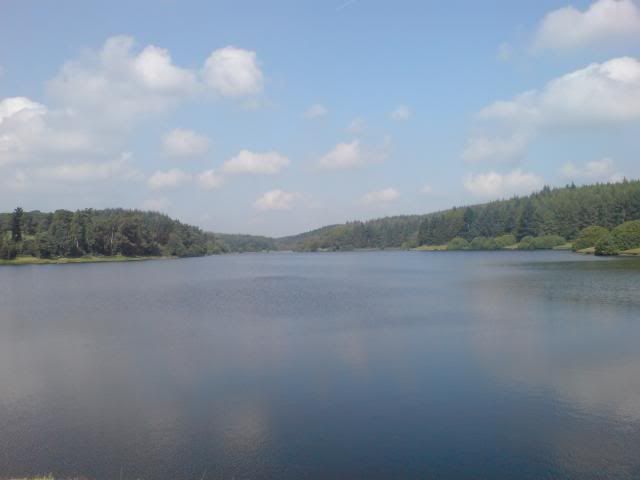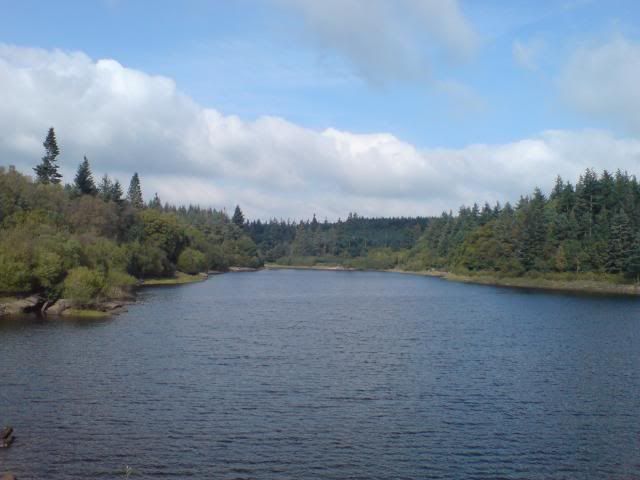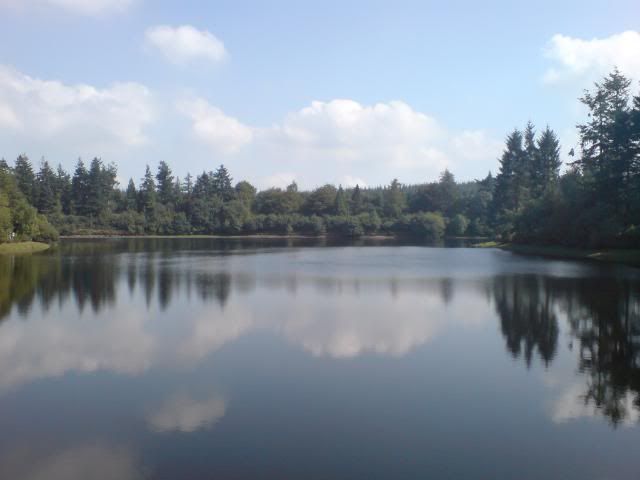Post by Dave on Oct 25, 2009 19:43:09 GMT
As Barton will know I did put up some of our Devon reserviors in the closed season along with many pictures, I did not get around to doing a piece on Tottiford Reservoir, but I will soon following a great discovery there.
Archaeologists have discovered the remains of a prehistoric city, buried beneath a reservoir in southern England. The 'mini-Atlantis' was unearthed after water levels were lowered at the old Tottiford Reservoir, near Moretonhampstead - and comes complete with a Stonehenge-esque ceremonial site.
Archaeologists observing the city are justifiably astonished at its existence.
Jane Marchand, of Dartmoor National Park Authority, describes the find and its Avebury-like credentials: "It's a proper ceremonial site - we've also got ten burial cairns there. It was probably a real community centre. There are a lot of earlier recordings in this area of polished stone axes and so on - and I've always wondered why they were there. This place could have been the focus for all that activity.
"Most of the stones we found would have been put in place around 4,000 years ago but some of the flint is much earlier," Marchand adds, "going right back to the Mesolithic period around 7,000 to 8,000 years ago."
The idea of a British Atlantis may be romantic, but it's far from original. The medieval East Anglian town of Dunwich has long been lauded as the UK's answer to Plato's famous lost city, having lurched into the North Sea some 700 years ago
Archaeologists have discovered the remains of a prehistoric city, buried beneath a reservoir in southern England. The 'mini-Atlantis' was unearthed after water levels were lowered at the old Tottiford Reservoir, near Moretonhampstead - and comes complete with a Stonehenge-esque ceremonial site.
Archaeologists observing the city are justifiably astonished at its existence.
Jane Marchand, of Dartmoor National Park Authority, describes the find and its Avebury-like credentials: "It's a proper ceremonial site - we've also got ten burial cairns there. It was probably a real community centre. There are a lot of earlier recordings in this area of polished stone axes and so on - and I've always wondered why they were there. This place could have been the focus for all that activity.
"Most of the stones we found would have been put in place around 4,000 years ago but some of the flint is much earlier," Marchand adds, "going right back to the Mesolithic period around 7,000 to 8,000 years ago."
The idea of a British Atlantis may be romantic, but it's far from original. The medieval East Anglian town of Dunwich has long been lauded as the UK's answer to Plato's famous lost city, having lurched into the North Sea some 700 years ago

